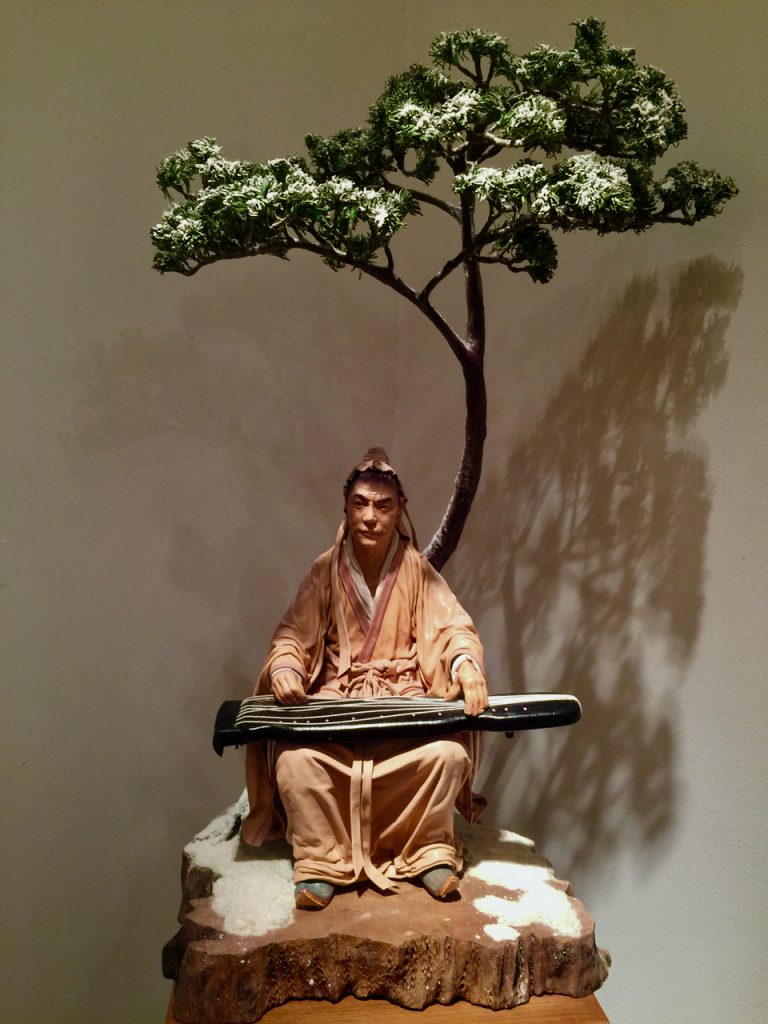This originally appeared as part of the Daily Sip, a website from Charles LaFond, an Episcopal Priest who raises money for the homeless and lives on a horse farm in New Mexico with his dog Kai. offering daily meditations and reflections
(Jesus said,) “Take my yoke upon you, and learn from me; for I am gentle and humble in heart.” Mt 11:29 (NRSV)
Benedicta Ward, SLG is from a convent in Oxford (Cowley really), the sisters of which I have a great fondness for and whose hospitality has often and generously been granted to me at times of transition in my life. Also, there is a fine ‘chippy” (fish and chips shop) down the street. Sister Rosemary lovingly, gently helped me to see how essential is was for me to leave the monastery and live my fun, messy, wonderful, painful life.
Benedicta tells the story of a desert father, Abba Arsenius, who consulted an Egyptian monk – a very poor and humble man. When he went to consult the monk, an observer said to Abba Arsenius, “Why do you, who are so well-educated in Greek and Latin texts, ask this uneducated old Egyptian monk anything?” Abba Arsenius responded that yes, indeed, he knew he had been well educated but added “I do not know even the alphabet of this peasant.”
Abba Arsenius was humble enough to know that an old, uneducated monk had much to teach him about humility.
I have a friend who is like that. Humble, I mean. We spend a lot of time together and though he is well-educated and brilliant, he is humble and quiet and unassuming. He constantly teaches me about life by simply modeling discretion – the art of not saying anything hurtful (even if it is true and would feel good for eight seconds.) Discretion comes from the word “discretio” which is the root word both for discretion and discernment. What we do not say. What we choose to say. What we do not do. What we choose to do.
Writing about humility is dangerous work. It is a catch 22, a no-win situation. Many would say that I am proud. Some would be correct, and others simply see a confidence which angers them or enflames their insecurities. Who knows?
And of course, the problem with praying for humility is that the “class” God teaches involves a lot of suffering and pain; though it gets the job done.
I am learning to practice some small bit of humility in my Celtic gathering – a circle of friends who eat soup and bread and talk, well, in a circle. I do this instead of going to “church” these days because sitting in a circle is so very different than sitting beneath a pulpit or making the long track to an altar or kissing a ring.
In the circle of the Celtic Gathering of which I am a part twice weekly, I listen to people with half my titles and thrice my wisdom. And that is a step on the pathway of formation. And formation is so different a thing than education or even ordination or consecration.

